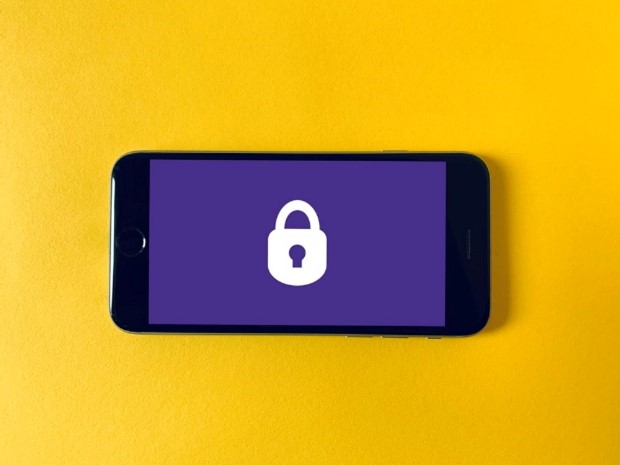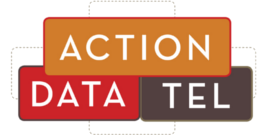4 Rules to Setting A STRONG Password

If you’re using the internet or logging in to any sort of program, you have passwords. You probably have a LOT of them too. The question is, are your passwords secure? Not ‘secure’, as in you don’t write them down and leave them out (you don’t though, right??), but ‘secure’, as in not easily hacked.
How long are YOUR passwords?
The days of humans physically hacking passwords have mostly passed (although this does still happen, just on a social engineering level). Sophisticated programs (brute force algorithms) have taken over. This means that now, more than ever, it is crucial for your password to be strong.
 These ‘hacking’ programs literally run 24/7/365, trying to guess your password with every known variation and combination of keys possible. This means the bad guys can crack an unsophisticated password within a couple of hours. The longer and more complex your passwords are, the longer it will take for these programs to crack them.
These ‘hacking’ programs literally run 24/7/365, trying to guess your password with every known variation and combination of keys possible. This means the bad guys can crack an unsophisticated password within a couple of hours. The longer and more complex your passwords are, the longer it will take for these programs to crack them.
Using 16 character passwords, and following the rules below, you are creating a password that has an exponentially large number of variations to it. If you want to know the number think of this: an 8-digit password following these rules has about 6.6 QUADRILLION variations. A 16-character password is twice as complex. Calculating the exact complexity is a lengthy process, but if you don’t repeat characters, it has over 9 SEPTILLION possibilities – tough to crack!
How do you know if your password is a strong password?
1. DO make it a standard of 16 characters long. The longer the password, the longer it takes sophisticated hacking programs that run 24/7/365 to crack it. While most websites or programs require a minimum of 6-8 characters, setting a password that is at least 16 characters will ensure that you’re not making it easy for these programs to guess.
2. DO use a RANDOM sampling of uppercase, lower case, numbers and special characters. Something like &EW:Ila3-)688:=1! is a secure password. To more easily remember it, you can try something you can create an acronym out of, such as Erw@39#0$g&w!s2hS (Evelyn renee white @te 39 # 0f $our grapes & was !mmediately sick 2 her Stomach).
3. DO NOT use personal information or proper words, even if it meets character length/case/special character requirements. If your daughter’s name is Nichole Ashley, and she was born December 6th, NicholeAshley1206! is NOT a safe password.
Dictionary words, pets’ names, important dates, etc. can be easily guessed by human Social Engineers, especially people you have had conversations with. You know those Facebook questionnaires everyone loves to fill out, or the pictures asking about the name of your favorite dog? Often times these are questions that answer your password recovery and log-in security questions! Be aware of this, as it is another way to leave yourself vulnerable to hacking.
 4. DO NOT use the same password for everything. There are so many reasons why you absolutely, without a doubt SHOULD NOT do this. The number one reason being, if you have a master password set, once a hacker discovers one password, they have access to ALL of your passwords, including e-commerce, social media, retirement accounts, and any electronic banking information! This is the equivalent of using the same key for your house, boat, storage shed, work office, BANK, safe, and more. You’re literally handing over the keys to every aspect of your entire life.
4. DO NOT use the same password for everything. There are so many reasons why you absolutely, without a doubt SHOULD NOT do this. The number one reason being, if you have a master password set, once a hacker discovers one password, they have access to ALL of your passwords, including e-commerce, social media, retirement accounts, and any electronic banking information! This is the equivalent of using the same key for your house, boat, storage shed, work office, BANK, safe, and more. You’re literally handing over the keys to every aspect of your entire life.
Following these rules to a strong password can make it difficult to remember all of your passwords, which is why we strongly encourage the use of a password manager!
Be tough! Follow these simple rules to protect yourself from Brute Force attacks, and don’t forget to change your password a minimum of every 60 days!
CLICK HERE to learn about Password Managers, the importance of using one and which ones we recommend.
